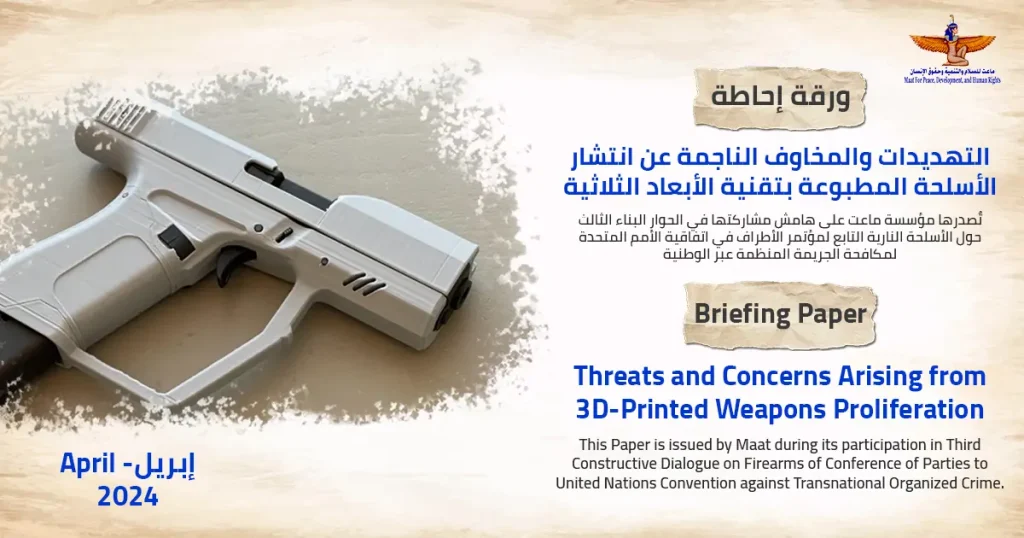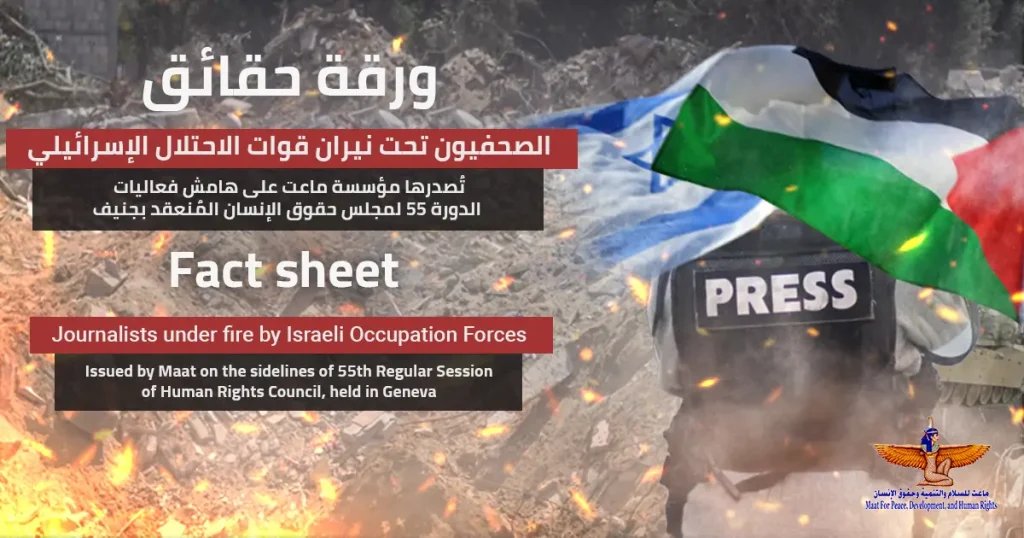Enforced disappearance at the hands of non-state actors and armed groups In the Middle East region (Yemen - Syria - Iraq - Libya)
Introduction:
On the 30th of August every year, all countries celebrate the International Day of the Victims of Enforced Disappearances. This anniversary aims to draw the world's attention to the fate of those imprisoned in poor conditions and places unknown to their families or legal representatives. The current human rights status in many countries indicates that enforced disappearance has become a global problem and is no longer for a specific region. Enforced disappearance occurs at present under many complex circumstances, especially in the context of international and non-international armed conflicts and civil wars. Moreover, it can be used as a tool of repression and intimidation to muzzle dissent and up pressure on the opposition, under the veil of fighting crime or terrorism.
The Declaration on the Protection of All Persons from Enforced Disappearance and the International Convention for the Protection of All Persons from Enforced Disappearance defined Enforced disappearance as “the arrest, detention, abduction, or any other form of deprivation of liberty by agents of the state.” or by an organized group, or by persons or groups of individuals acting with the permission, support or approval of the state. This is followed by a refusal to acknowledge the deprivation of liberty or the concealment of the fate or whereabouts of the disappeared person, which deprives him of the protection guaranteed by law.”
Although enforced disappearance is strictly prohibited by international human rights law under all circumstances and situations. It is currently widely practiced, whether by official state authorities or by some armed groups and non-state actors. This constitutes an explicit threat to a wide range of individual civil and political rights including the right to life, liberty and security of person, the right to recognition as a legal personality, the right to identity, the right to a fair trial and judicial guarantees, the right to the truth about the circumstances of the disappearance, the right to Not to be subjected to torture or any other form of cruel, inhuman or degrading treatment or punishment.
Hence, enforced disappearance is a human rights crime that entails many other grave human rights violations, including torture and other ill-treatment, sexual and gender-based violence, and extrajudicial executions. Enforced disappearance is a common practice pursued by governments against political opposition and human rights defenders, including lawyers and journalists, as an intimidating policy to terrorize society. Maat for Peace, Development and Human Rights has recently noticed a surging trend in the practice of enforced disappearance by armed groups and non-state actors against political opposition and human rights defenders in many countries in the Middle East that are witnessing non-international armed conflicts and civil wars, as is the case in the practices of enforced disappearances committed by the Houthi group in Yemen, the Syrian Democratic Forces in Syria, and armed militias and terrorist organizations in Libya and Iraq.
In light of the above , Maat for Peace, Development, and Human Rights seeks in this report, coinciding with the International Day to Commemorate the Victims of Enforced Disappearances, to draw the world’s attention to the crimes of enforced disappearance committed by armed groups and non-state actors against civilians, especially political opposition and human rights defenders in the areas of conflict in the Middle East, with a particular focus on the violations committed by the Houthi group in Yemen, armed opposition groups, terrorist groups in Syria, and armed militias in Libya and Iraq, which we will discuss with some detail as follows:
![]()
 |
 |











